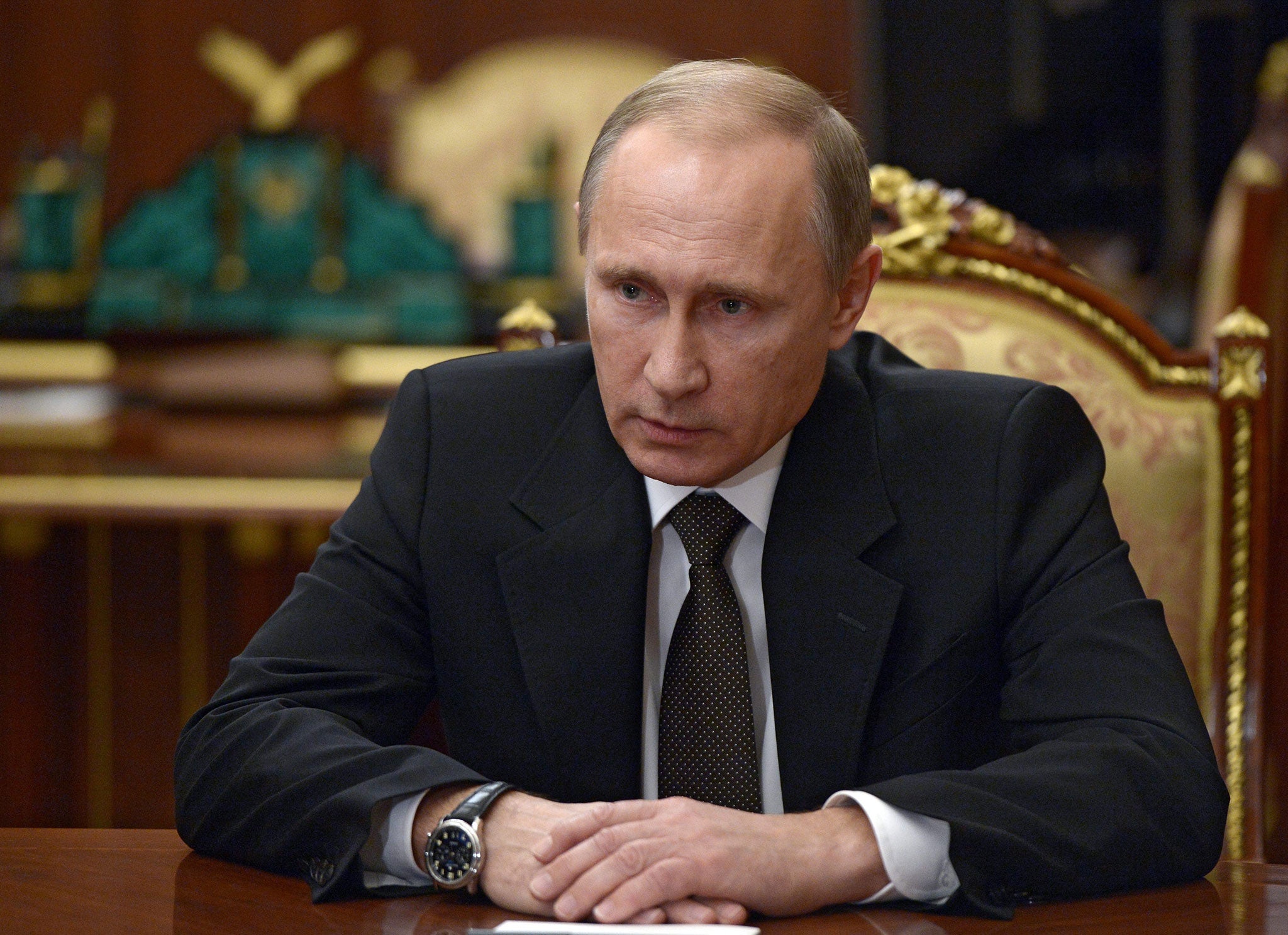Russia 'could run out of cash reserves over the next year'
Pension pots may have to be raided to cover budget shortfalls

Your support helps us to tell the story
From reproductive rights to climate change to Big Tech, The Independent is on the ground when the story is developing. Whether it's investigating the financials of Elon Musk's pro-Trump PAC or producing our latest documentary, 'The A Word', which shines a light on the American women fighting for reproductive rights, we know how important it is to parse out the facts from the messaging.
At such a critical moment in US history, we need reporters on the ground. Your donation allows us to keep sending journalists to speak to both sides of the story.
The Independent is trusted by Americans across the entire political spectrum. And unlike many other quality news outlets, we choose not to lock Americans out of our reporting and analysis with paywalls. We believe quality journalism should be available to everyone, paid for by those who can afford it.
Your support makes all the difference.The Russian government is ploughing through its foreign exchange reserves at such a fast rate that it could use up its rainy day fund by 2017, government officials have claimed.
Despite being a major oil producing nation, pension pots may have to be raided to cover budget shortfalls, on which much of the reserve funds have already been spent.
Russia’s economy has been in recession for nearly two years as oil prices have slumped and Western sanctions – imposed in protest at the Russian intervention in Ukraine – have bitten hard.
“The Reserve Fund, as I remember, will be used up over the next year," deputy finance mnister Alexei Lavrov said.
International analysts agree. "At the current rate, the fund would be depleted in mid-2017, perhaps a few months later," said Ondrej Schneider, chief economist at the Institute of International Finance.
The Reserve Fund had to be used three times so far this year to cover holes in the federal budget, most recently in August, when billions in Russian reserves of euros, dollars and pounds sterling were sold to cover a gap of 390bn rubles (£4.5 billion) in the budget.
The fund is intended to keep the country’s finances running smoothly when money is tight, but it has decreased in value dramatically in just two years, falling from £67bn in 2014 to just £23bn in September 2016. It will be even less by Christmas, with estimates placing its value at £11bn by the end of the year.
As well as international sanctions hurting Russia’s economy, a surplus of oil in the international market has caused a drop in revenue. In 2014, oil was worth over $100 a barrel but has tumbled and dipped between lows of $30 a barrel and $60 a barrel, stablising at around $45 in recent months.
However, many observers believe these issues have merely served to exacerbate prexisting problems in the Russian economic climate, such as over-reliance on petroleum and gas, lack of diversification and an authoritarian atmosphere which deters entrepreneurship and investment.
Government officials have said the seperate National Wealth Fund could be used to cover future budget deficits. But this money is intended to be used for pension provisions and large, planned investments, not plugging holes in the budget. It has also lost value recently but is still worth more than the Reserve Fund, at around £55bn.
Analysts have also said it may be easier said than done to use the National Wealth Fund, as the money has less liquidity – making it harder to quickly convert into cash – than the reserves. The government is also reportedly less than enthusiastic about using this money, particularly at a time when economic circumstances are so difficult for many people in Russia. The average wage has dropped to less than £346 every month, according to Stratfor Eurasia analyst Lauren Goodrich, cited in CNBC.
Join our commenting forum
Join thought-provoking conversations, follow other Independent readers and see their replies
Comments